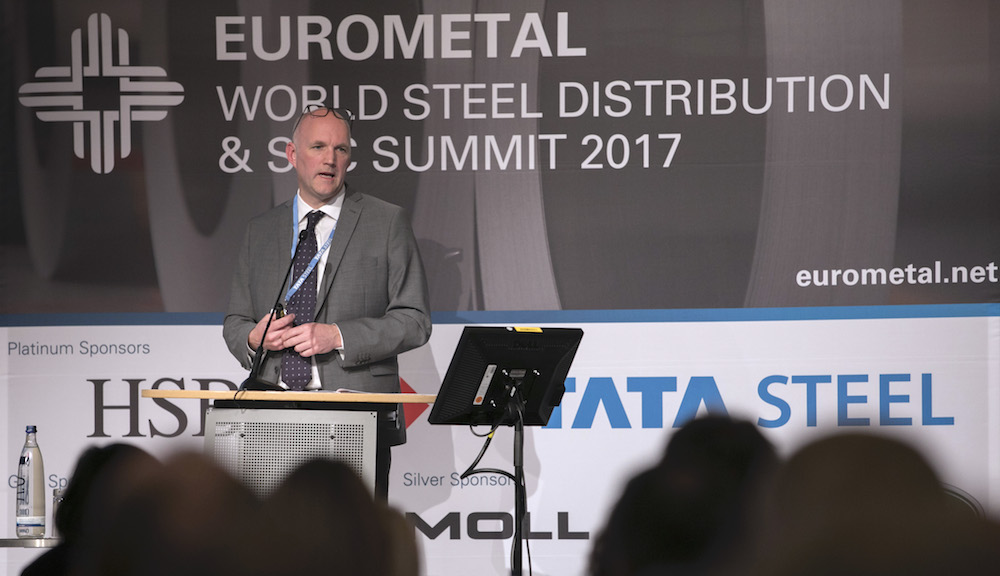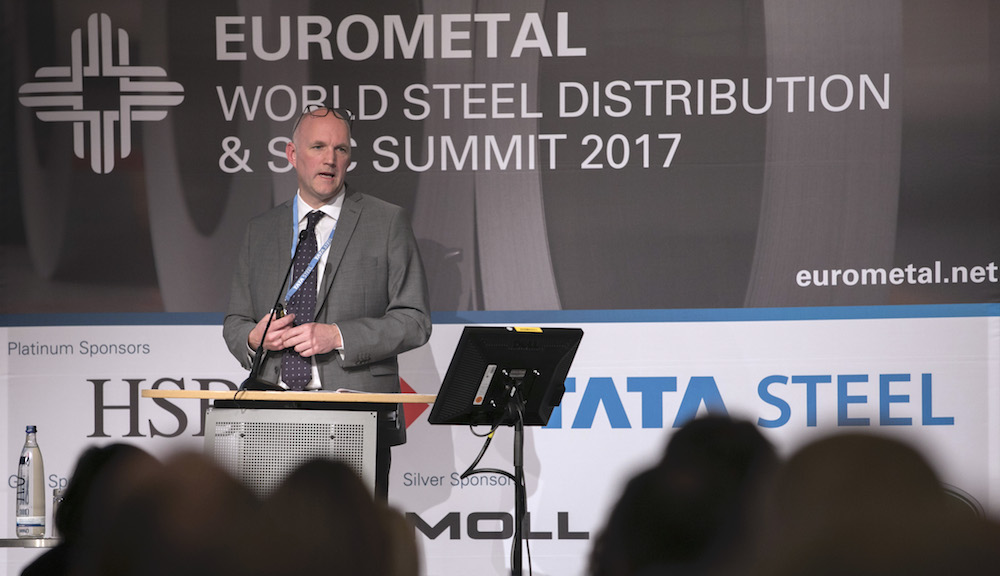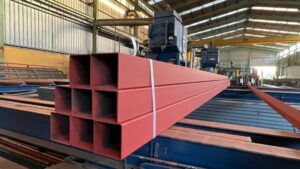
The European Union is too slow and too cautious in tackling dumping, according to Sebastian Bross of Salzgitter Flachstahl, who told the EUROMETAL World Steel Summit conference in Dusseldorf he did not understand the decision not to impose preliminary HRC duties.
Bross said the difference between the EU and the US was stark in its approach to trade barriers, pointing to the European Commission’s logic in making its conclusion to its preliminary investigation into imports of HRC from Russia, Brazil, Iran, Ukraine and Serbia.
“240 of the 250 pages showed there was dumping, but in the end there was no duty. I don’t really understand that… Compared to the US it’s slow, very limited, and from our perspective far too cautious. It feels that the EU wants to be a poster child for the WTO. We accept every rule and we’re pretty fair, but it means it takes a very long time [to impose duties] and you see how quickly this flow of material changes,” he said.
The launching of a section 232 investigation in the US has made European mills nervous as the US is a major export destination for the continent. Bross pointed out the potential distortions to global trade if the US stops importing and the implications for the European market, “Where does the material go, where does it find its new home? If you look at the slow progress in the EU you can assume it will end up here,” he said.
Salzgitter is benefiting from the good performance in the automotive sector which accounts for two thirds of its annual 3.3 million mt of strip production. But Bross said pressures remain as construction and tube demand is still weak and growth in European steel demand is benefiting importers rather than the domestic producers.
Peter Brennan, S&P Global Platts





